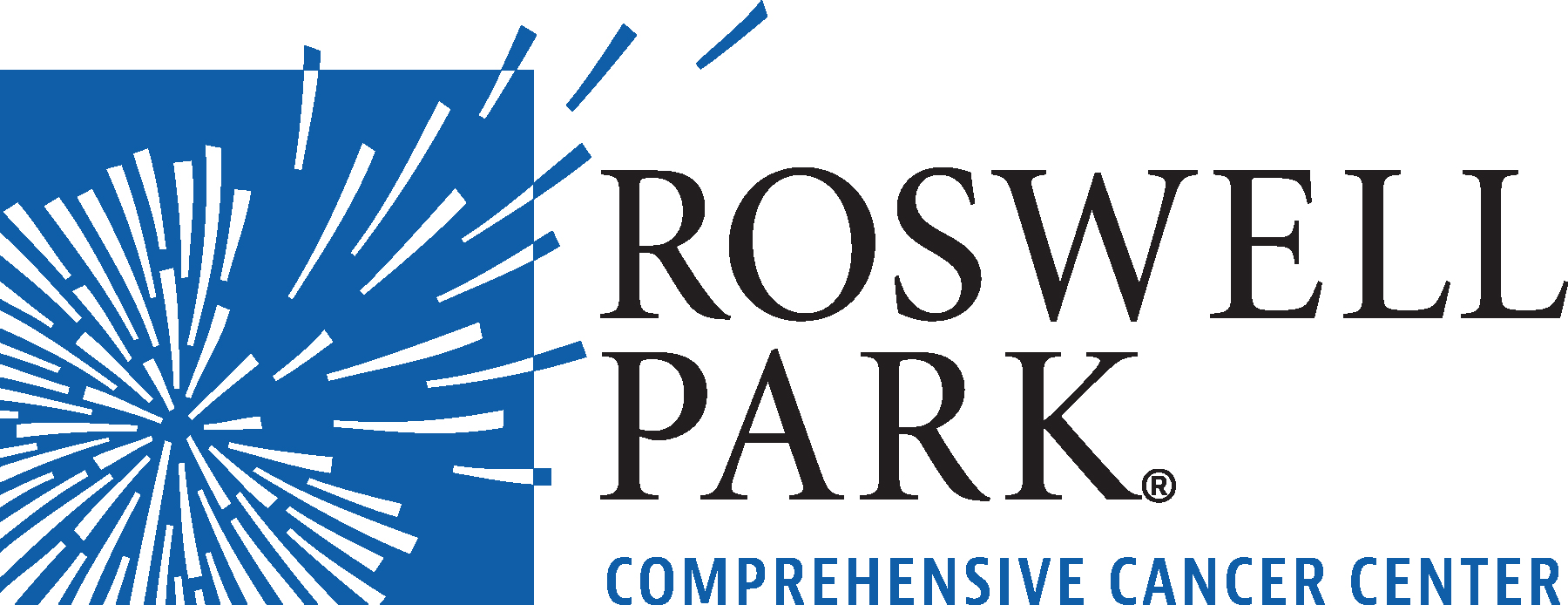Newswise — Low-molecular-weight heparins block the formation of new blood vessels and prevent tumor growth, according to the results of a study presented by Michael Wong, MD, PhD, FRCPC, Department of Medicine, Roswell Park Cancer Institute (RPCI), at the 2008 annual meeting of the American Association for Cancer Research, April 12-16, in San Diego, CA. "Low-molecular-weight heparins (LMWHs) inhibit tumor growth through the sequestration of angiogenic cytokines" Abstract # 1071 Embargoed until Sunday, April 13 " 1pm PSTPoster Section 12, Exhibit Hall B-F, San Diego Convention Center Angiogenesis − the development of new blood vessels − fuels cancer cell reproduction. The use of low-molecular-weight heparins (LMWHs) has been shown to extend survival in cancer patients by reducing the clotting action of blood. However, the mechanism is unclear. This study tested the hypothesis that sequestering blood vessel growth factors, such as fibroblast growth factor (FGF), would interfere with angiogenesis and lead to tumor cell death. The hypothesis was tested in a model group of a highly vascularized tumors treated with varying amounts of heparin and LMWH and compared with a model group that was untreated. Researchers report that LMWHs interfered with the signaling in the blood vessel growth pathway and significantly inhibited the growth of highly vascular tumors. This was in contrast to the non-treated model, which exhibited a large number of blood vessels and a well-constructed vasculature. "This study indicated that low-molecular-weight heparins strip and sequester a blood vessel growth factor, in this case FGF, away from its receptor and reduce vascular tumor growth," said Dr. Wong. "Heparins are already in clinical use and by elucidating the antitumor effects, we hope to have an immediate beneficial impact on cancer patients." Roswell Park Cancer Institute, founded in 1898, is the nation's first cancer research, treatment and education center and is the only National Cancer Institute-designated comprehensive cancer center in Upstate New York. RPCI is a member of the prestigious National Comprehensive Cancer Network, an alliance of the nation's leading cancer centers. Roswell Park has affiliate sites and collaborative programs in New York, Pennsylvania, and in China. For more information, visit RPCI's website at http://www.roswellpark.org, call 1-877-ASK-RPCI (1-877-275-7724) or e-mail [email protected].
MEDIA CONTACT
Register for reporter access to contact detailsCITATIONS
2008 annual meeting of the American Association of Cancer Research
